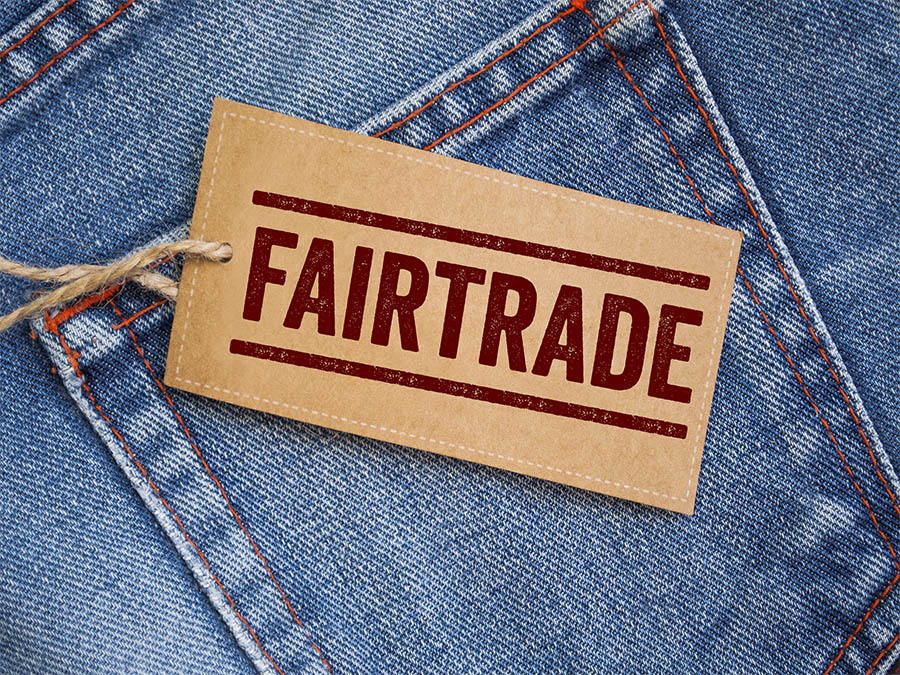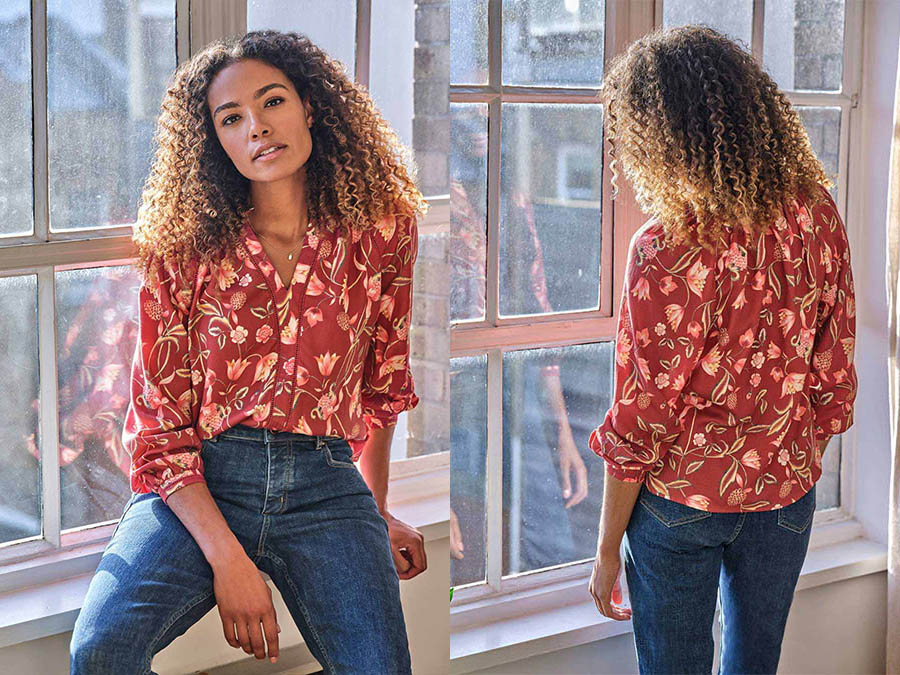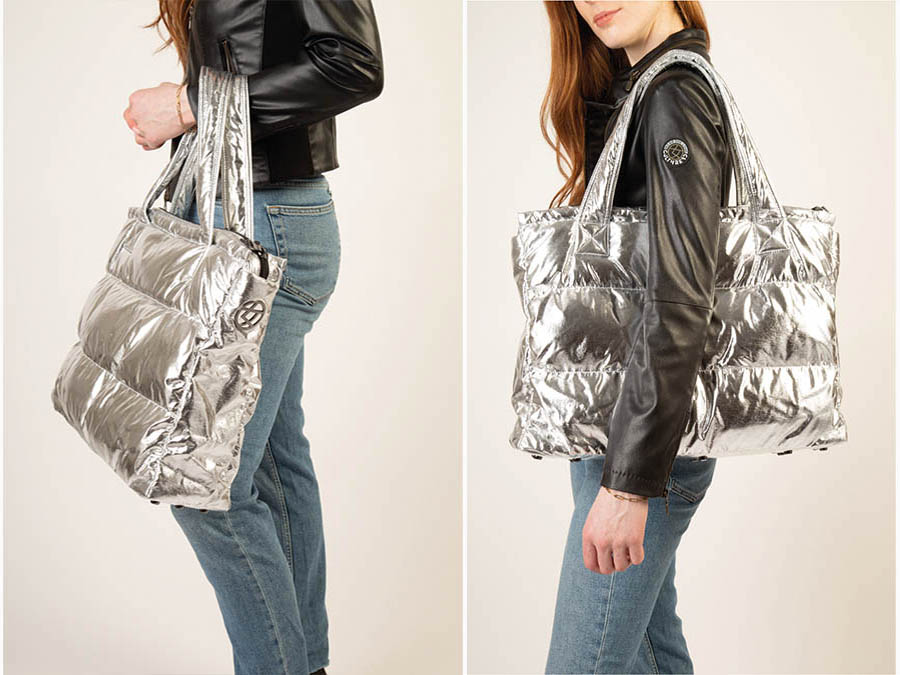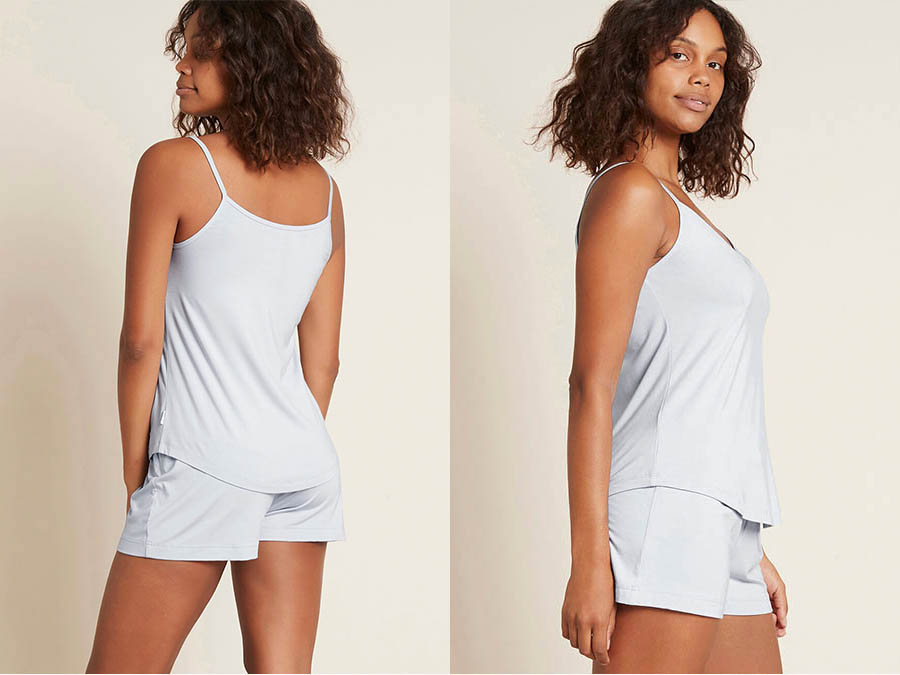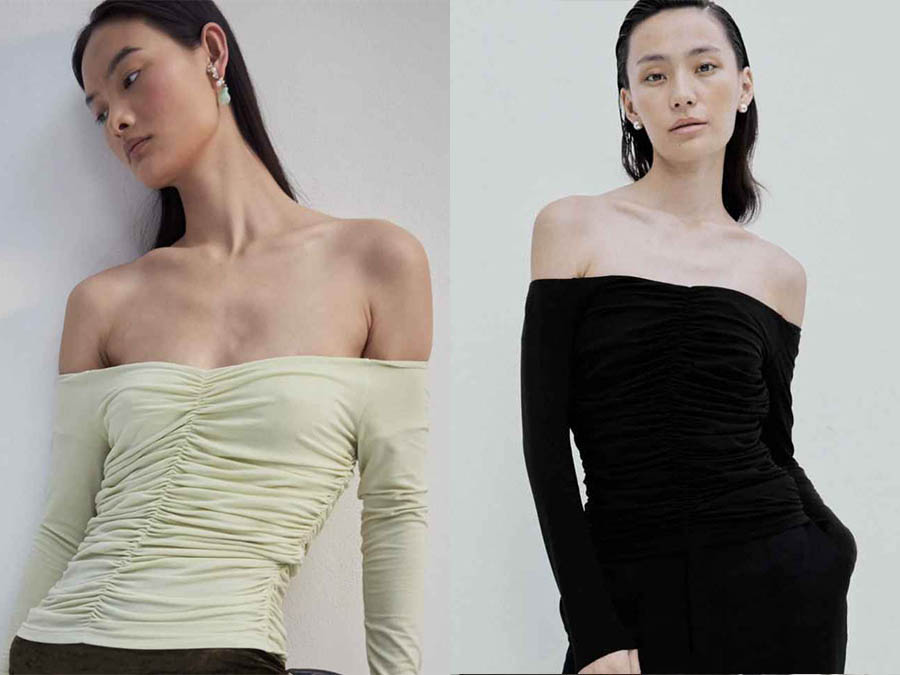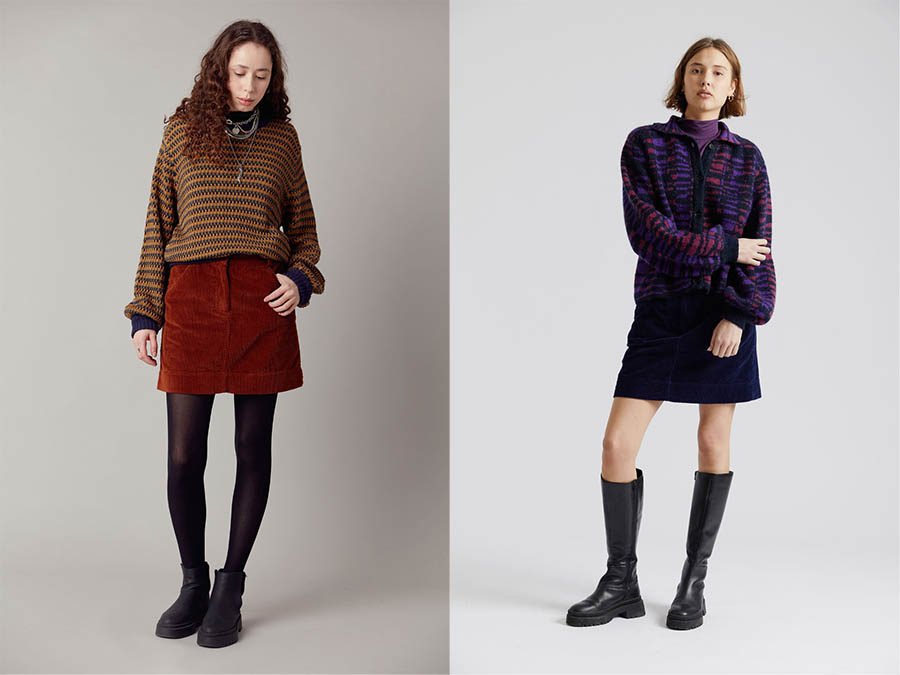Fairtrade Fashion Explained
This is a revolutionary concept that has gained significant traction in recent years.
It represents a fundamental shift in the fashion industry towards sustainability, ethics, and social responsibility.
Here at Sustainablefashion.ie, we will delve into the meaning, significance, and impact of Fairtrade fashion, exploring how it is changing the way we view and consume clothing.
Understanding Fairtrade Fashion
This is a branch of the larger Fair Trade movement, which seeks to create fair and equitable trading relationships between producers in developing countries and consumers in the global marketplace.
At its core, Fairtrade fashion is about ensuring that the people who produce clothing are paid fairly for their labour and that environmental sustainability is prioritized throughout the supply chain.
The key principles of Fairtrade fashion
There are 4 key principles to look for in the fashion industry today which include
1. Fair Wages
Workers are paid wages that meet or exceed local minimum wage standards. This ensures that they can provide for themselves and their families, breaking the cycle of poverty.
2. Safe Working Conditions
It promotes safe and healthy working conditions, protecting workers from exploitation, discrimination, and unsafe practices.
3. Environmental Sustainability
Sustainability is a central tenet of Fairtrade fashion. Producers are encouraged to adopt environmentally friendly practices, such as using organic materials and reducing water and energy consumption.
4. Transparency
Fairtrade fashion emphasizes transparency in the supply chain. Consumers can trace the origins of their clothing, ensuring that ethical standards are upheld.
The Impact of Fairtrade Fashion
- Poverty Alleviation: Fairtrade fashion has a direct impact on poverty alleviation by ensuring fair wages for workers. This enables them to access education, healthcare, and improved living conditions.
- Empowerment of Women: The fashion industry is predominantly female, especially in developing countries. Fairtrade fashion empowers women by providing them with better wages and opportunities for leadership roles.
- Environmental Benefits: The fashion industry is notorious for its negative environmental impact. Fairtrade fashion encourages sustainable practices, such as organic farming, reducing chemical use, and minimizing waste, contributing to a healthier planet.
- Consumer Awareness: Fairtrade fashion raises consumer awareness about the social and environmental costs of fast fashion. It encourages mindful consumption and supports brands that prioritize ethical and sustainable practices.
- Improved Product Quality: Fairtrade fashion often results in higher-quality garments. Fair wages and better working conditions lead to increased skill development among workers, resulting in well-crafted clothing.
Challenges and Criticisms
While Fairtrade has made significant strides, it is not without challenges and criticisms.
- Limited Availability: Fairtrade fashion remains a niche market, with limited availability compared to conventional fashion. This can make it less accessible to some consumers.
- Higher Prices: Fairtrade fashion often comes with a higher price tag due to the fair wages and sustainable practices involved. Some argue that this exclusivity can perpetuate inequality.
- Certification Costs: Obtaining Fairtrade certification can be expensive for small-scale producers, limiting their participation in the movement.
- Enforcement Issues: Enforcing Fairtrade standards across the entire supply chain can be challenging, especially for large multinational brands with complex sourcing networks.
- Ethical Consumerism: Critics argue that Fairtrade fashion might encourage “ethical consumerism,” where consumers believe they’ve done their part by buying Fairtrade products but overlook broader systemic issues in the fashion industry.
The Future of Fairtrade Fashion
The fashion industry is increasingly recognising the importance of sustainability and ethical practices.
Many major brands are incorporating Fairtrade principles into their supply chains, and consumers are demanding transparency and accountability.
The Future Looks Promising for Several Reasons
- Market Expansion: As more consumers become aware of the social and environmental impacts of their clothing choices, the demand for Fairtrade fashion is likely to grow.
- Innovation: It encourages innovation in sustainable materials, production techniques, and supply chain management, driving positive change in the broader industry.
- Collaboration: Brands, NGOs, and governments are collaborating to address systemic issues in the fashion industry, leading to more comprehensive solutions.
- Regulation: Governments and international bodies are increasingly regulating the fashion industry, requiring greater transparency and accountability.
- Consumer Education: Consumer education campaigns are helping people make informed choices and hold brands accountable for their practices.
Takeways to Remember
Fairtrade fashion represents a transformative force in the fashion industry, emphasising fair wages, safe working conditions, environmental sustainability, and transparency.
While it faces challenges and criticisms, its impact on poverty alleviation, empowerment of women, and environmental sustainability cannot be ignored.
We advise for all fashion shoppers to be on the lookout for signs of Greenwashing practices by some fashion houses.
As the movement continues to gain momentum, it has the potential to reshape the entire fashion industry, making it more ethical, sustainable, and responsible.
Consumers, brands, and governments all play a crucial role in the future success of Fairtrade fashion, creating a brighter and more equitable future for the global fashion industry.

